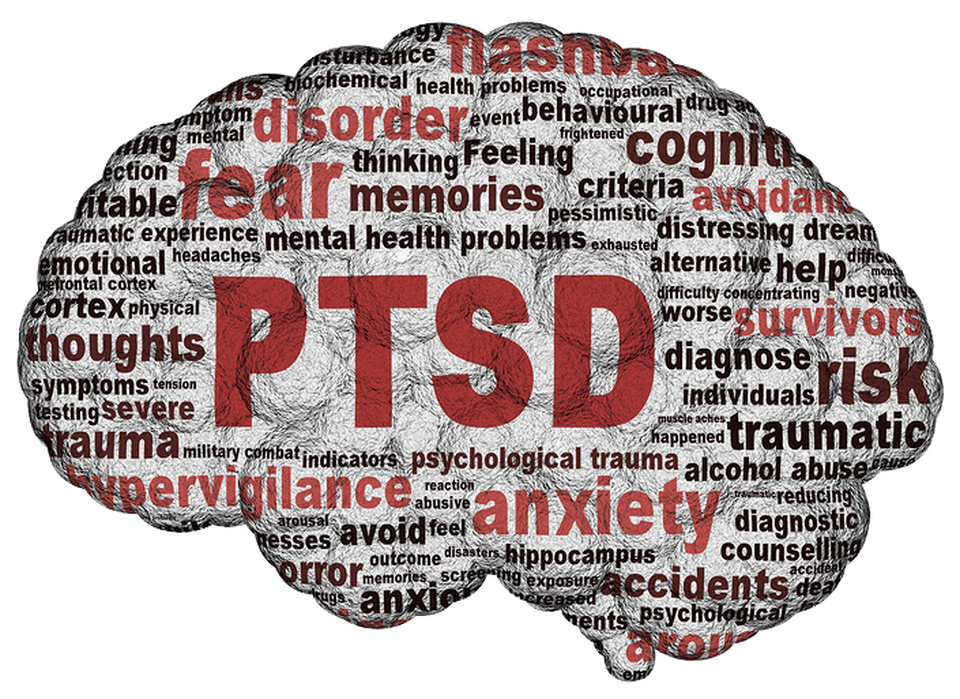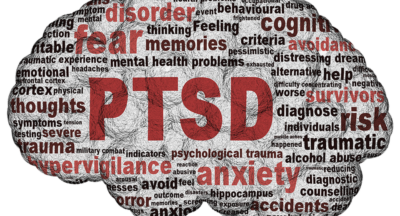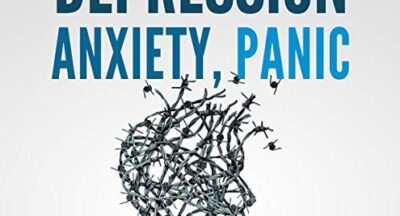
People’s reaction to your PTSD: What to do when the people you know and are close to have no empathy for your trauma: Challenges you may face when asking for validation of your illness!

When grappling with post-traumatic stress disorder (PTSD), one of the most challenging aspects can be the reaction of those around you. Unfortunately, not everyone understands or empathizes with the complexities of trauma, leading to various responses that may range from indifference to skepticism or even invalidation.
People’s reactions to PTSD can be influenced by a myriad of factors, including their own beliefs, past experiences, cultural upbringing, and level of awareness about mental health issues. Some individuals may struggle to comprehend the invisible wounds of trauma, mistakenly viewing it as a sign of weakness or exaggeration.
When faced with a lack of empathy or understanding from those close to you, it can exacerbate feelings of isolation, alienation, and shame. This can further compound the emotional burden already carried by individuals living with PTSD, intensifying their sense of despair and hopelessness.
Challenges often arise when seeking validation of one’s illness, as the invisible nature of PTSD can make it difficult for others to recognize its severity. Unlike physical injuries that are visible and tangible, the symptoms of PTSD—such as flashbacks, nightmares, hypervigilance, and emotional numbness—may not be readily apparent to others.
Moreover, societal stigma surrounding mental health disorders can contribute to a reluctance to acknowledge or discuss PTSD openly. This stigma may perpetuate misconceptions, myths, and stereotypes, further hindering efforts to raise awareness and promote understanding.
In such circumstances, individuals with PTSD may find themselves facing disbelief, minimization, or outright denial of their experiences. Loved ones may unintentionally dismiss their symptoms, invalidate their feelings, or urge them to “just get over it” without grasping the profound impact of trauma on their mental and emotional well-being.
Navigating these challenges requires patience, resilience, and self-advocacy. It may involve educating others about PTSD, sharing personal experiences, and setting boundaries to protect one’s mental health. Seeking support from trusted allies, mental health professionals, or peer support groups can provide validation, validation, and empowerment during difficult times.
It’s important to remember that while others’ reactions may be hurtful or invalidating, they do not diminish the validity of your experiences or the legitimacy of your struggles. Your trauma is real, your pain is valid, and your journey towards healing deserves compassion, understanding, and support. Ultimately, finding validation and acceptance may require seeking out individuals and communities who are willing to listen, learn, and empathize with your lived experience of PTSD.
When engaging in conversations about your PTSD and the daily struggles you encounter, it’s crucial to express your needs clearly and respectfully. Here are some approaches to consider:
- Direct Communication: Clearly express your feelings and needs to those around you and that you are close to. For example, you could say, “I’m struggling with PTSD symptoms right now, and I really need your understanding and support.”
- Educate: Provide information about PTSD and its effects to help others understand what you’re going through. You might say, “PTSD can be challenging, and it would mean a lot to me if you could try to understand what I’m experiencing.”
- Set Boundaries: Let others know what type of support you need and what behaviors are not helpful. For instance, you could say, “I appreciate your concern, but I need space right now to cope with my symptoms.”
- Use “I” Statements: Frame your requests for empathy using “I” statements to express your feelings and experiences. For example, “I feel overwhelmed when my PTSD symptoms flare up, and I would appreciate your patience and support.”
- Provide Examples: Share specific ways in which others can offer support and empathy. For instance, you might say, “It helps me when you listen without judgment and offer reassurance during difficult times.”
- Acknowledge Efforts: Recognize and appreciate the efforts of those who show empathy towards you. For example, you could say, “Thank you for being there for me and showing understanding when I’m struggling with my PTSD.”
- Seek Professional Help: Encourage others to educate themselves about PTSD and seek guidance from mental health professionals if they’re unsure how to support you effectively.
Remember that not everyone will respond with empathy immediately, and it may take time for some people to understand and adjust their behaviors. Patience, open communication, and mutual respect are key when seeking empathy from others while dealing with PTSD.

dr.dan
Related Posts
The hidden signs of unprocessed trauma: What to look for, how to understand them and stay away from denial at all cost. The many difficult challenges ahead!
Unprocessed trauma can cast a long shadow over one's life, often manifesting...
Key strategies to maintaining proper mental health when being a caregiver: Anxiety can hit you at anytime, anywhere and frequently!
Adult caregivers exemplify remarkable selflessness in their commitment to...
People’s reaction to your PTSD: What to do when the people you know and are close to have no empathy for your trauma: Challenges you may face when asking for validation of your illness!
When grappling with post-traumatic stress disorder (PTSD), one of the most...
Exploring the upsides and downsides of excessive romantic dependence in new or existing relationship
Examining the advantages and disadvantages of being overly emotionally attached...



